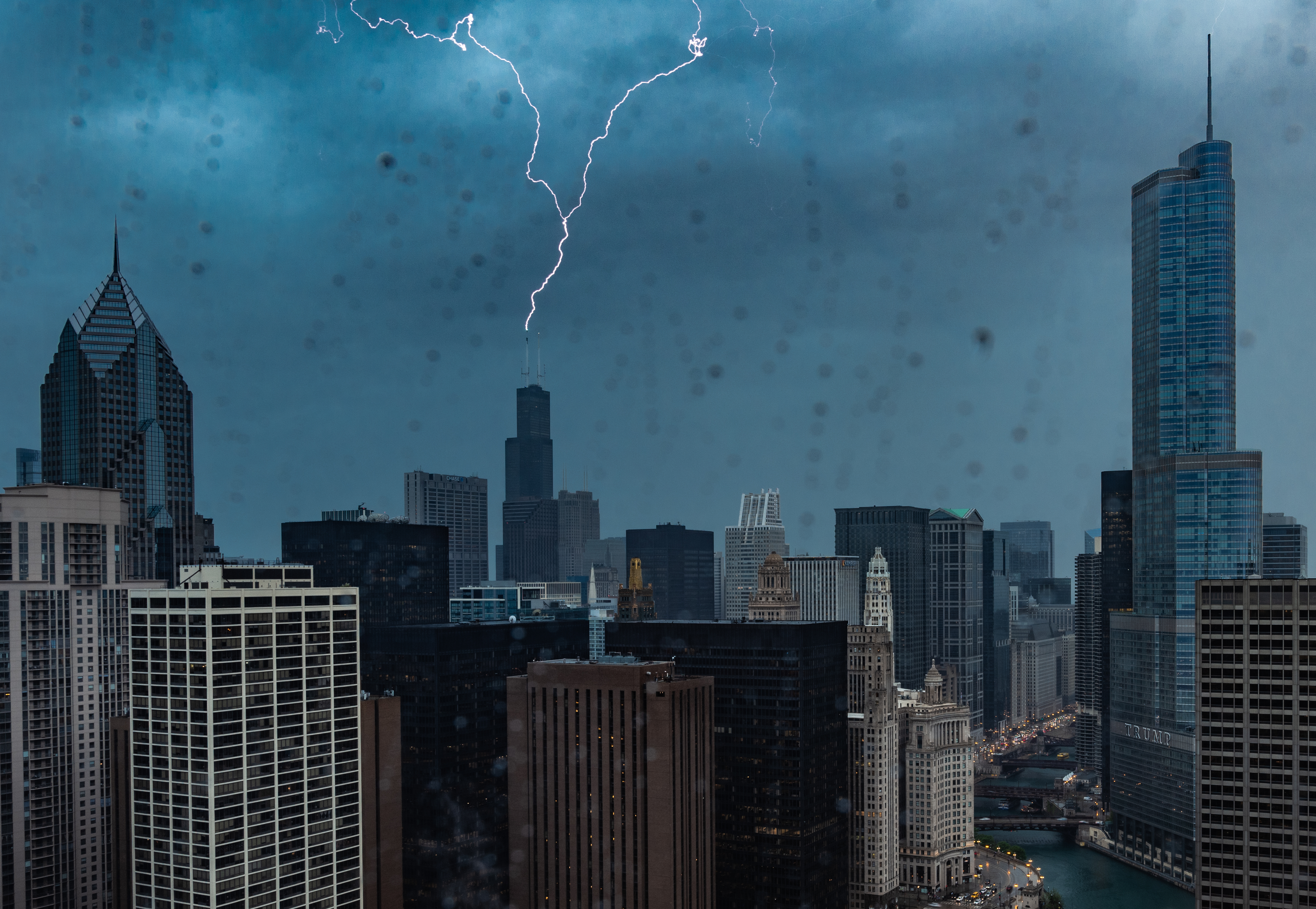Republican Bruce Rauner and other supporters of political term limits asked the Illinois Supreme Court Thursday to jump into the debate about whether the question can go to voters this fall, just a day before the deadline for approving the November ballot.
The Committee for Legislative Reform and Term Limits, headed by Rauner, the GOP candidate for governor, filed an emergency petition Thursday morning after a Wednesday appellate ruling that the initiative violated an Illinois Constitution dictate that changes to the Legislature be both "structural and procedural."
"We're asking the Supreme Court for an expedited hearing. We're hoping they will hear that and rule quickly on this case," Rauner said.
Friday is the deadline for election officials to certify the Nov. 4 ballot.
Speaking to reporters at a news conference in Chicago, Rauner, who squares off against Democratic Gov. Pat Quinn, justified the emergency petition by saying "it's critically important that the voters have a voice" in whether lawmakers should go home after eight years.
"Pat Quinn's a phony. He's a failure. He has dodged on this issue," Rauner said.
But Quinn responded by calling Rauner a "phony," saying he was the one who led the term limit movement 20 years ago.
Local
"I think I'm an authentic advocate for term limits before Bruce Rauner showed up," Quinn said.
Quinn says the issue at hand should be why Rauner is refusing to release the details of his income taxes over the past few years.
"His right to hide his tax returns is not more important than the right of the people of Illinois to know exactly what's in those tax returns. He's hiding, and he knows it," Quinn said.
A three-judge panel of the 1st District Appellate Court ruled Wednesday that the plan to ask voter permission to limit legislators to eight years in office did not meet constitutional requirements to go on the ballot. In a 15-page decision, it said in addition to violating the "structural and procedural" obligation, it flouts a constitutional provision that prohibits the combination of "separate and unrelated questions" in one ballot question.
That's a reference to parts of the plan to reduce the size of the state Senate and raise the threshold for overriding a governor's veto from a three-fifths vote to two-thirds.
The State Board of Elections, charged with preparing the statewide ballot, meets Friday in Chicago. The board could vote to suspend the ballot-certification process until the term limits issue is resolved.



